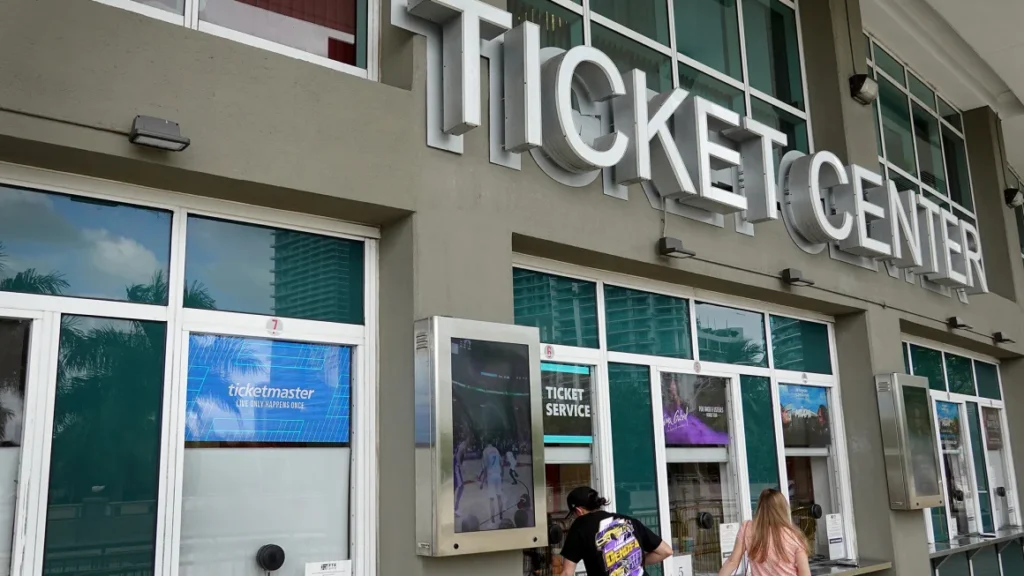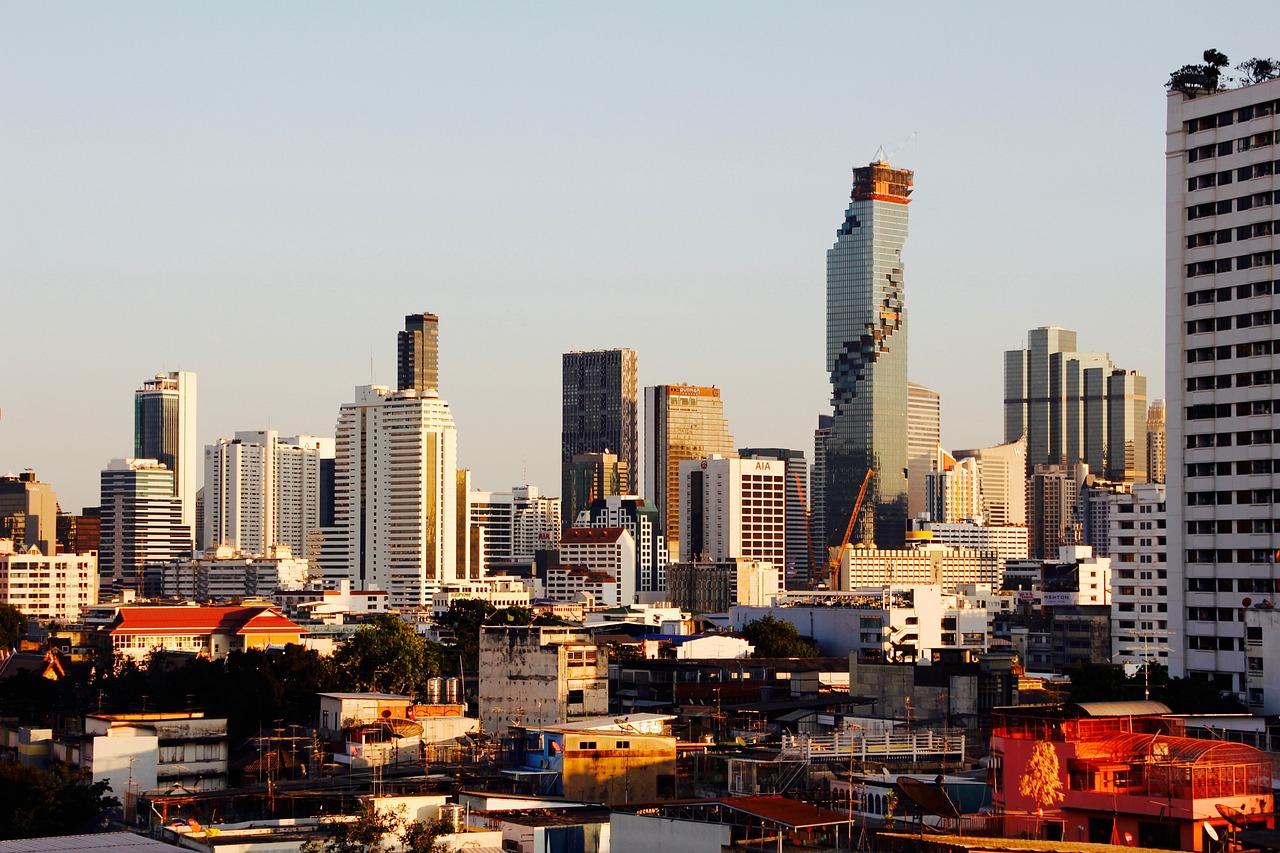Hidden fees—those unexpected charges tacked onto your bill at checkout—are on their way out, thanks to a groundbreaking rule from the Federal Trade Commission (FTC). Starting April 2025, businesses will be required to show all mandatory fees upfront, giving consumers clarity and fairness when making purchases. Here’s everything you need to know about the new rule, how it works, and what it means for you.

What Are Junk Fees and Why Are They a Problem?
Junk fees are those surprise charges added at the final stages of a transaction, making advertised prices misleading. Think of resort fees on hotel bookings, “service fees” for event tickets, or vague “processing fees.” These costs often leave consumers feeling duped, unable to compare prices accurately, and spending more than they anticipated.
How the FTC Is Tackling Hidden Fees
The FTC’s new rule requires businesses to display the total price upfront, including all mandatory fees. For instance:
- A $100 hotel room with a $30 resort fee must be advertised as $130 from the start.
- A concert ticket with a $15 service charge will display its full cost right away.
This move is aimed at empowering consumers to make informed decisions without spending hours digging through fine print or hidden costs.
When Does the Rule Take Effect?
The rule will be enforced beginning April 2025, providing businesses with ample time to update their pricing structures. Companies failing to comply will face penalties from the FTC, ensuring accountability and fairness across industries.

Who’s Affected?
This rule directly impacts industries notorious for hidden fees, including:
- Hotels and vacation rentals: Resort fees, cleaning charges, and other hidden costs must be disclosed.
- Ticketing platforms: Companies like Ticketmaster and event promoters must show ticket prices inclusive of service fees.
- Other service providers: Though not explicitly named, the rule sets a precedent that could influence pricing practices in other industries.
What’s the Consumer Impact?
The FTC estimates this rule will save U.S. consumers 53 million hours annually—time that would otherwise be wasted uncovering hidden fees during transactions. Additionally, upfront pricing encourages businesses to compete more fairly, which could lead to better deals for shoppers.
Industry Response: Support and Concerns
While the move has been hailed as a win for transparency, not everyone is thrilled. Here’s a snapshot of industry reactions:
- Support: Companies like Ticketmaster have welcomed the rule, calling for industry-wide transparency.
- Concerns: Some businesses worry about implementation challenges and whether upfront pricing could discourage customers by displaying higher sticker prices initially.
Why This Rule Matters
Transparent pricing isn’t just about avoiding surprises—it’s about fairness. By mandating upfront disclosure, the FTC is leveling the playing field for consumers and fostering trust in the marketplace.

Your Questions Answered
1. What exactly are junk fees?
Junk fees are hidden costs added during checkout that aren’t included in the advertised price, such as resort fees, service charges, or processing fees.
2. How will this rule benefit me?
You’ll see the total price upfront, making it easier to compare costs and avoid unexpected charges.
3. Which industries are most affected?
The rule targets hotels, vacation rental platforms, and ticketing services, but it could inspire changes across other sectors.
4. When does the rule start?
April 2025. This gives businesses time to comply with the new regulations.
5. What should I do if a business doesn’t follow the rule?
If you encounter non-compliance, file a complaint with the FTC, which is responsible for enforcing the rule.
The Bottom Line
The FTC’s ban on junk fees is a monumental step toward pricing transparency, giving consumers the clarity they deserve. Whether you’re booking a trip, snagging concert tickets, or renting a vacation home, you’ll soon know exactly what you’re paying—no surprises, no hidden costs.
Say goodbye to junk fees and hello to fair, honest pricing!
Sources CNN


